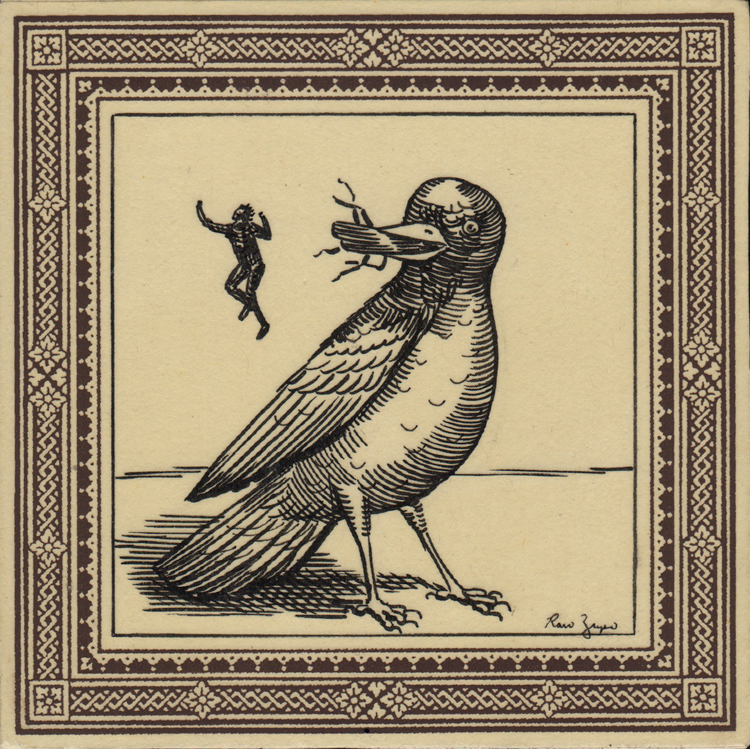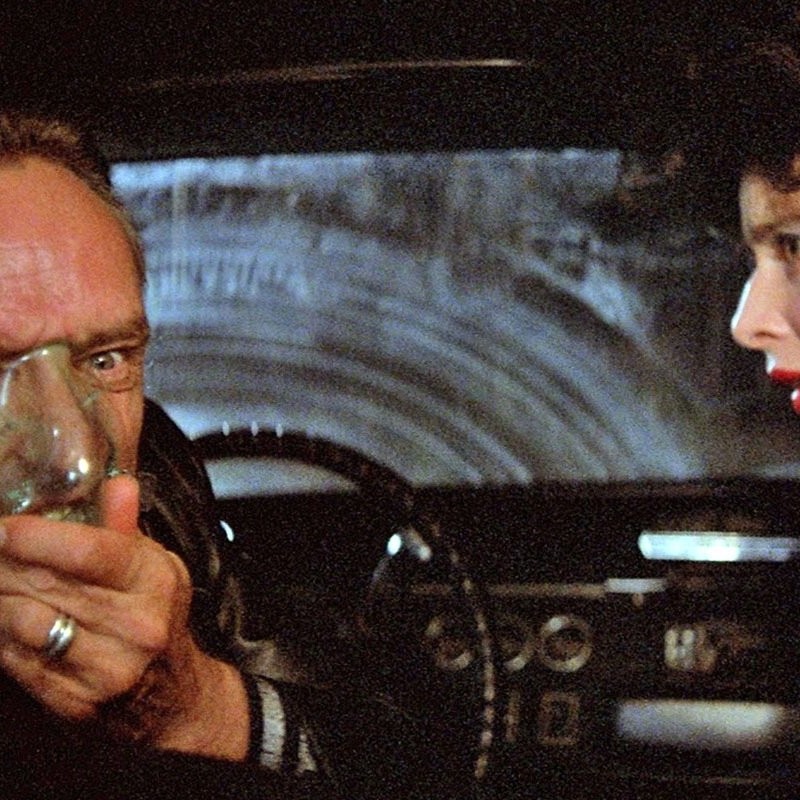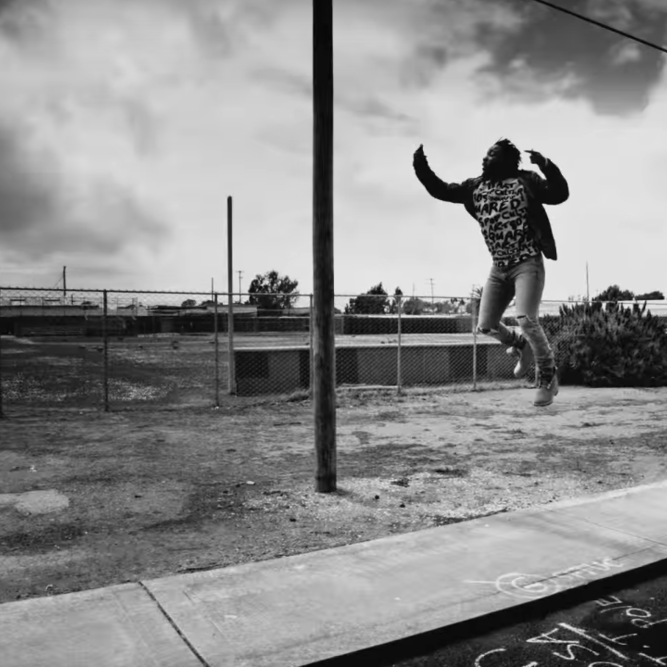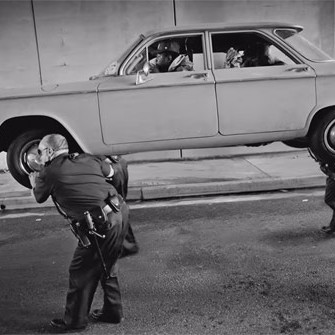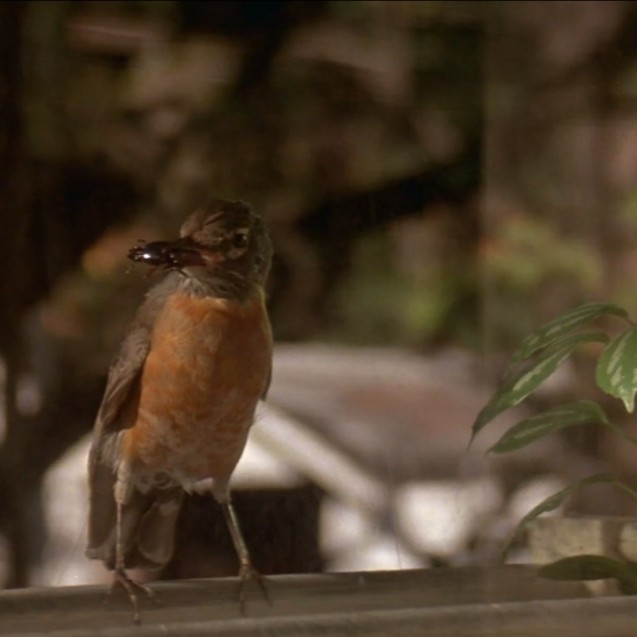DAVID LYNCH AND KENDRICK LAMAR
These are two of the greatest living artists. Each feels a strong obligation to create ethical, uplifting art. Both deal with dark, unsettling ideas and situations, but in nearly every piece they put a great deal of weight on the side of emotional relief and moral goodness in explicit ways.
Other deeply ethical artists with dark subject matter (e.g. Stanley Kubrick and Cormac McCarthy) make their way to these positive ends by way of hardship and terror only, lacing the morality implicitly. Lynch and Lamar, on the other hand, carry us through these same, wretched, horrifying environments but at the end of the journeys they are generous with explicit sweetness and joy. And importantly, these elements are not bland, sentimental versions of positivity. In fact, the moments of redemption and goodness are often more heartbreaking, more overwhelming and more permanently altering than the moments of terrorism.
The forceful love of the old woman and the parents in Good Kid Maad City is a great example. The protection and vast humanity of so many of Elephant Man’s friends is another and these hit us harder than any of the brutal beatings or humiliations.
Even small, simple moments of relief do not feel like empty bits of sentimentality thrown in thoughtlessly. The awkward animatronic bird eating a bug at the end of Blue Velvet is so carefully strange as to be genuinely fun and comforting; a real bird would have had less effect. It acts as a playful reward. We need this reward too, having just been dragged through the nightmare of monstrous, sexual desperation.
Similarly, Kendrick ends his “Alright” video with a smile and a wink, laying dead in the street after being casually assassinated by a cop. With this wink, filled with so much joy and love, he leaves us with one last reminder that black Americans are among the most powerful and triumphant human beings on earth and they are indeed “going to be alright”.

